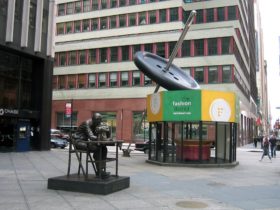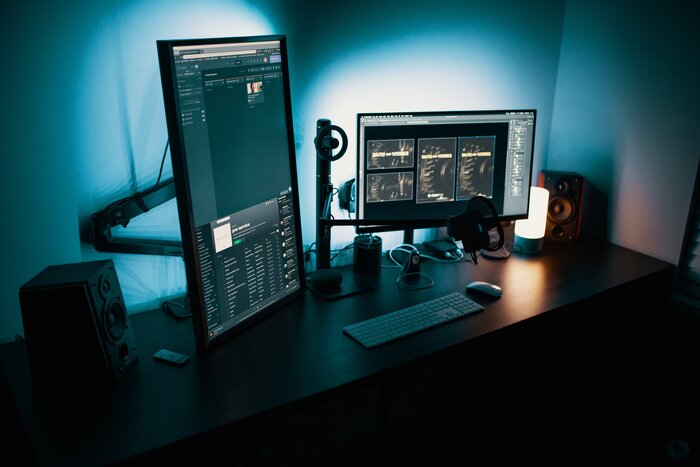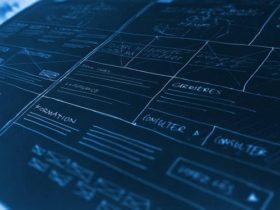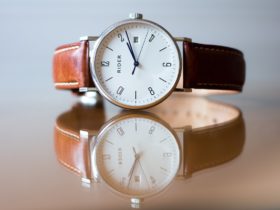Personal computers are big investments, whether you are buying a laptop or a desktop. Making a mistake and buying the wrong one can be costly. Here are some simple tips to help you get the right PC without wasting any money on features you do not need.
Do Not Get a High-Performance Processor
Many people get overwhelmed by numbers and statistics when buying a PC or laptop. Manufacturers and retailers are adept at using figures to turn inquiries into sales. The numbers never tell the whole story, however. If you want to get the right computer for you without overspending you should aim for a mid-range processor that offers value for money as well as processing speed.
High-spec, high-speed central processing units are only needed by gamers and people who edit high-definition images and video. You can save a lot of money when you buy a capable but affordable laptop with a mid-range CPU instead of one with all the highest stats.
Choose Onboard Graphics Not a GPU
Dedicated graphics cards and standalone GPUs are much more expensive than integrated or onboard graphics chips. They also consume a lot more power which can make a desktop more expensive to run or can eat up a laptop battery much more quickly. Integrated graphics are low power and low cost but can still perform at the same level as many dedicated GPUs.
The latest Intel graphics technology is capable of providing high-quality graphics and streaming high-definition video without slowing down or buffering. Look here to read more about them. These types of integrated graphics chips can save you money without compromising on performance and are perfect for both laptops and desktops.
Save On Storage
Many computers get bloated by hard drive space in order to push up the numbers for marketing and advertising. The truth is you do not need a lot of storage space on any computer, whether a desktop or a laptop. Most people use cloud storage services that make it easy to share files across multiple devices and with different people.
With plenty of USB connections, you will be able to add extra storage whenever you need it and not pay upfront for hard drive space you may never use. This can save a lot of money when you are buying a new computer that you can invest in other areas of the PC. You will not need more than 256 gigabytes of hard drive space to operate your computer and have plenty of space spare for your files.
Invest In RAM
Random Access Memory is one of the most important components of a computer. It helps it to handle large volumes of data efficiently and is crucial to multitasking, which is how most people use their PCs.
This is an area of your computer you should spend money on as it will help you to boost your productivity by getting more work done in a shorter amount of time. The minimum you should accept is 8 gigabytes, but more than double that is recommended.
Follow this advice and you will save money next time you are buying a new PC. The money you save can be invested in extra peripherals like USB hard drives or a Bluetooth mouse and keyboard.















Leave a Reply